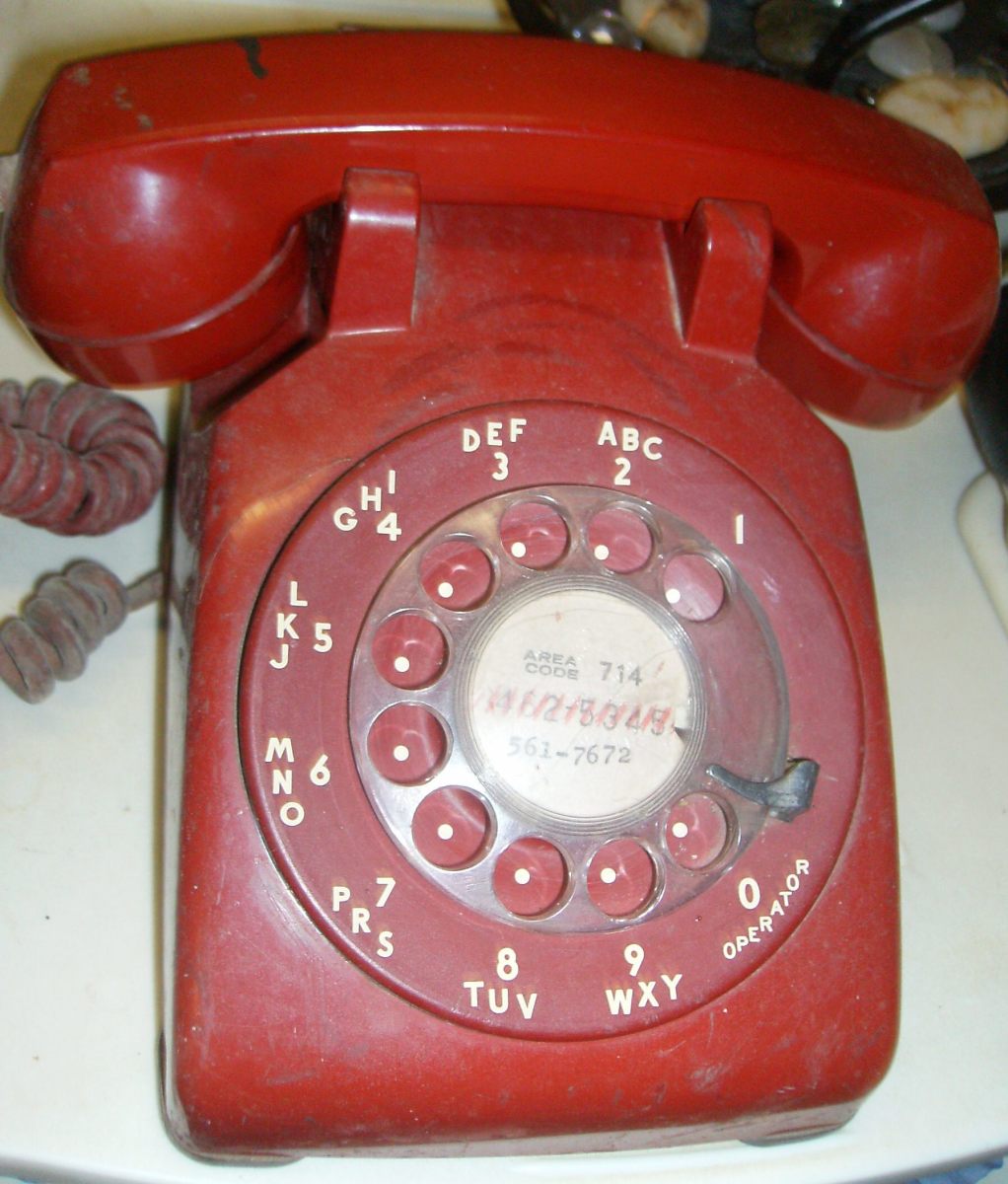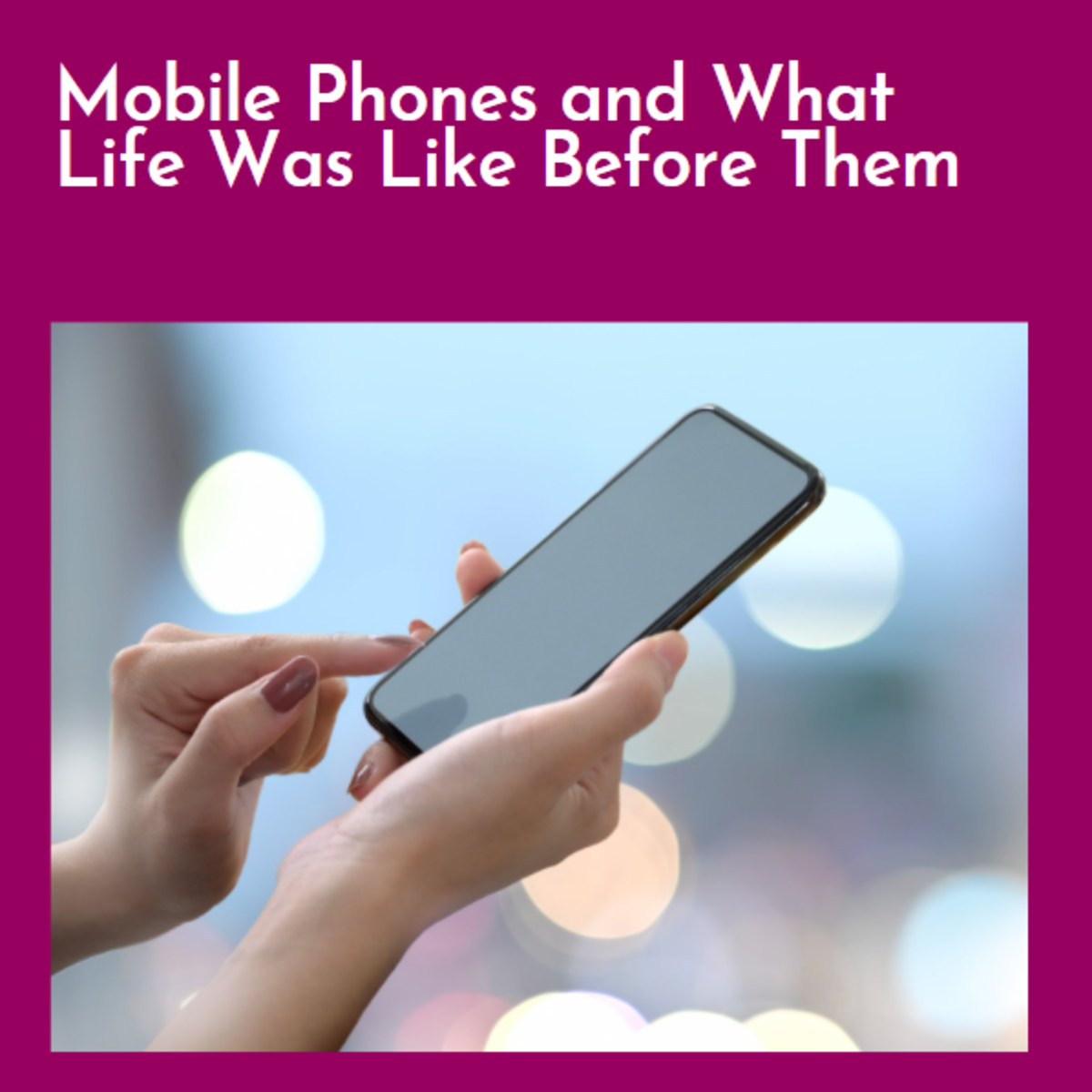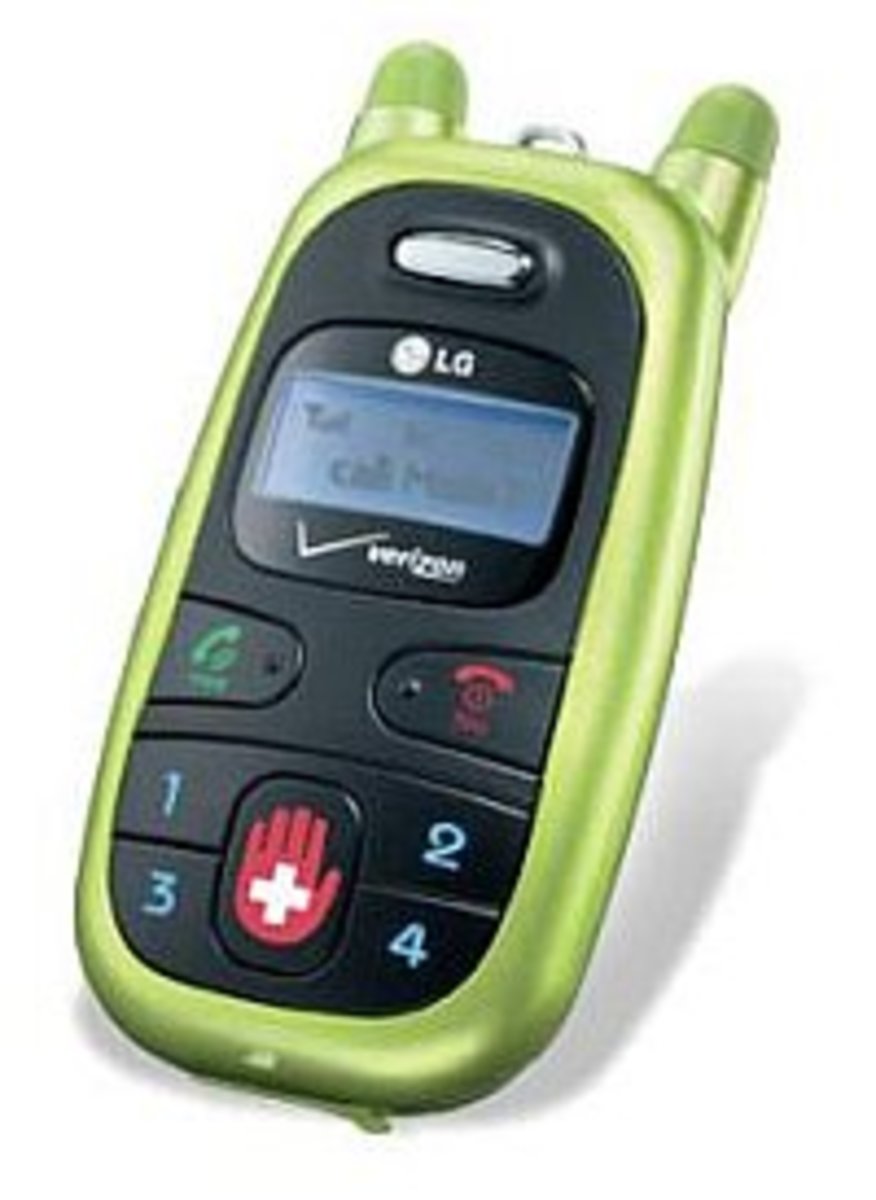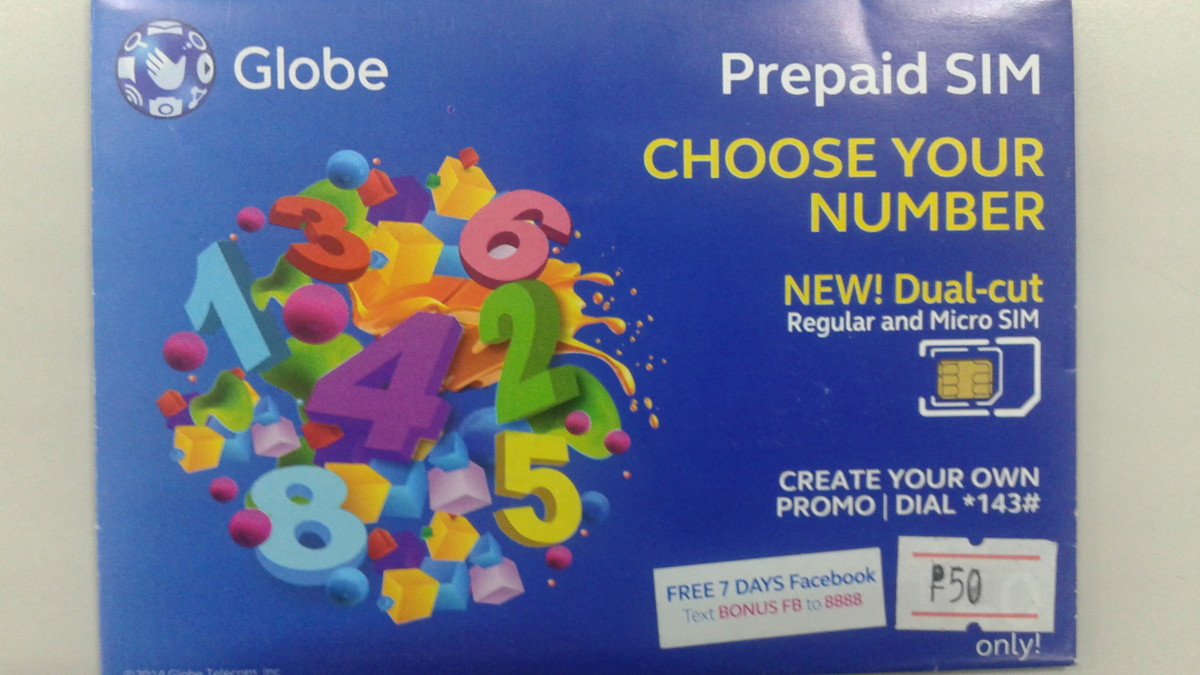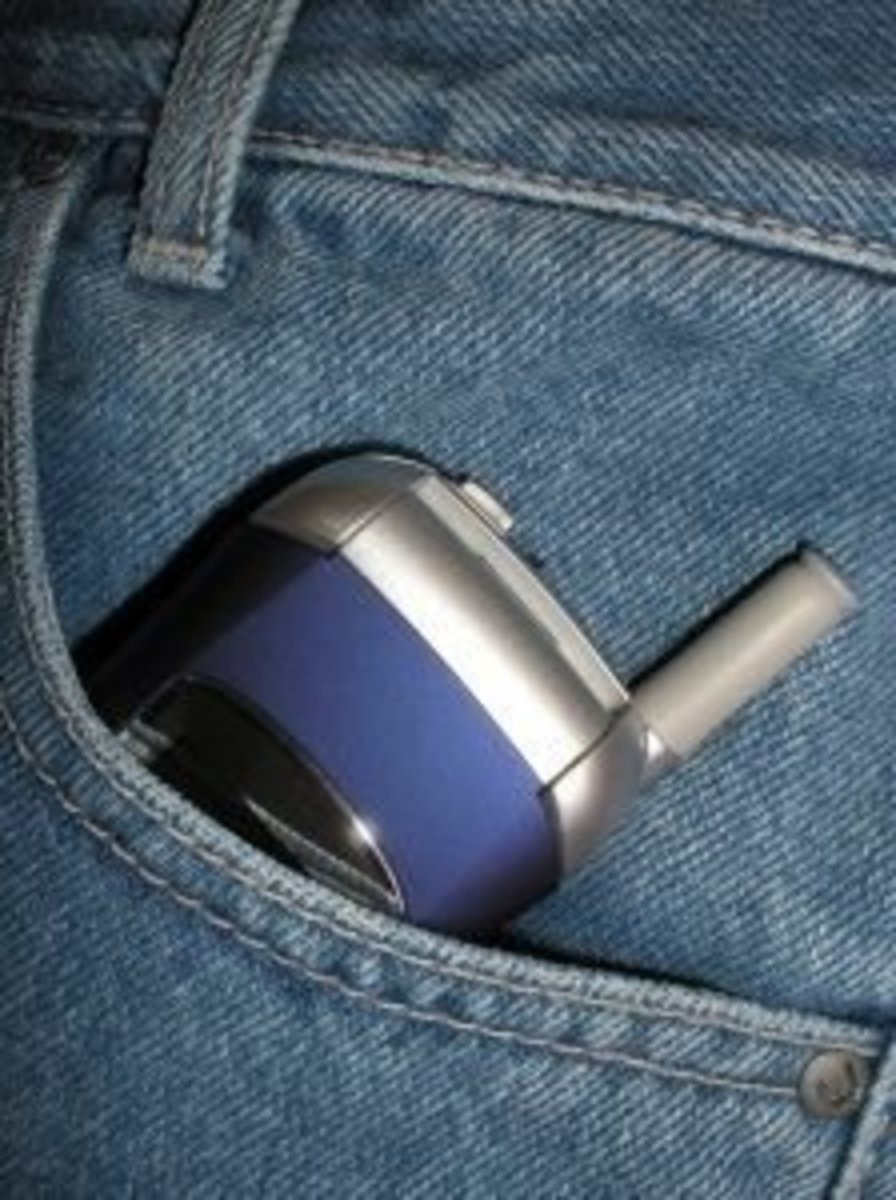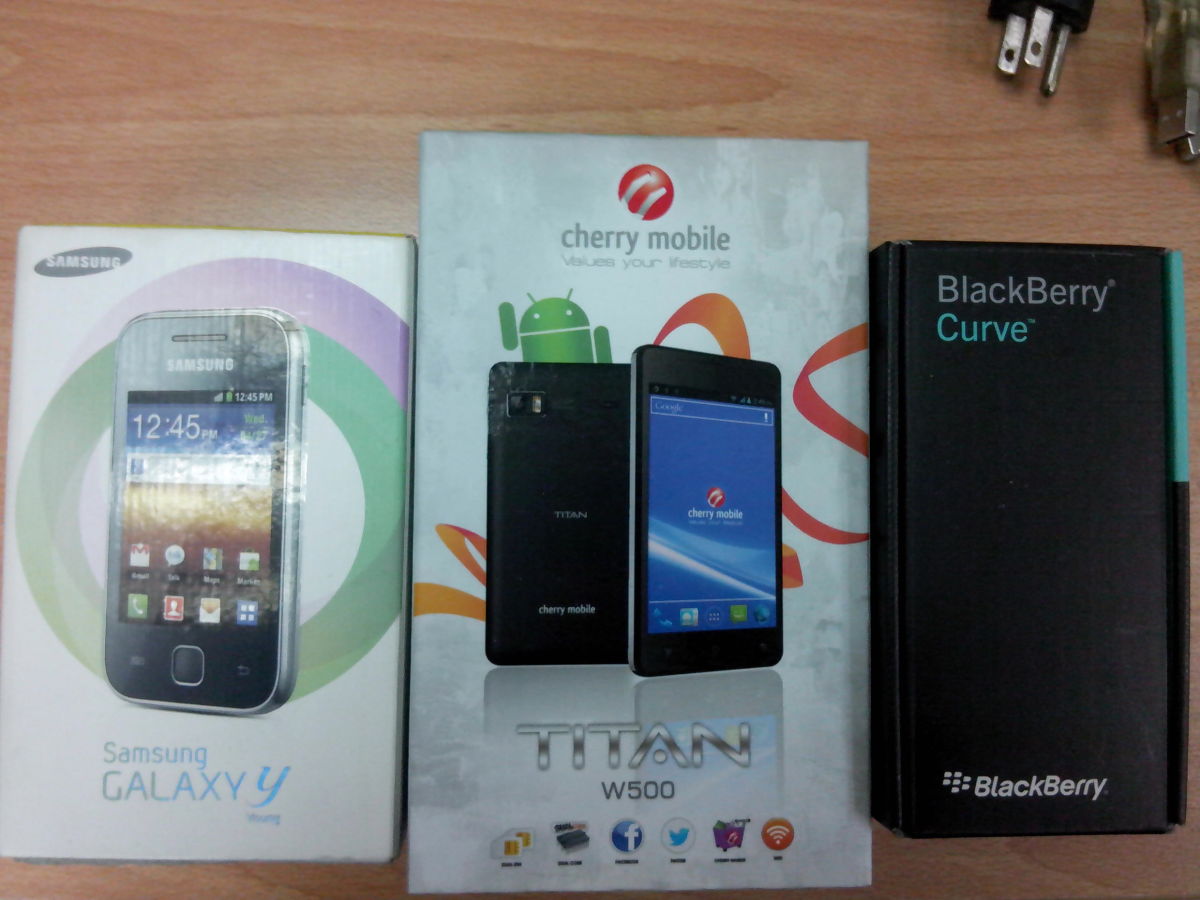How Do Cell Phones Affect Our Social Interactions?
Love And Affection
We love our cell phones. There is no getting away from it. When someone rings us, the feeling of being important resonates throughout our being. More than that, we are taking the call on the latest Samsung, iPhone, that has wi-fi, HD video and photo, chat, Instagram and cost us the best part of 400 pounds. What more do you need when you are in digital heaven?
Mobile phones make our lives convenient: they take the sting out of life.: We can call anyone we like at any time. We can check our emails, gaze at pictures friends have uploaded to social media, listen to music, watch a film, look at TV, text somebody, find the way to the nearest mall when on holiday – there are just so many possibilities.
But there are many downsides. Mobile phones make social interactions difficult, awkward and disheartening.
But there are many downsides. Mobile phones make social interactions difficult, awkward and disheartening.
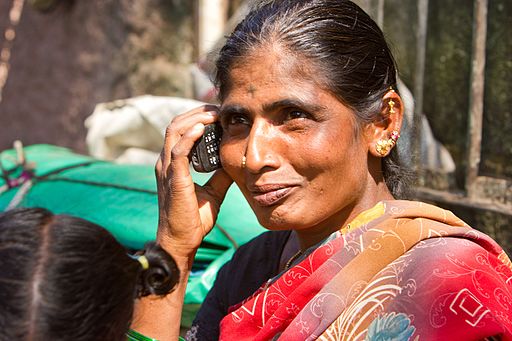
Cell Phones In Public
How many times have you been in a checkout queue at a supermarket and the person in front of you receives a call on their mobile? Is anything so important that you must take a call when you are about to checkout 200 pounds’ worth of groceries, bag them up, push your trolley to your car and then load up? Would it not be possible to ignore the call? If not, maybe answer and tell the caller you will ring back? Neither of these things happens, in my experience. The person receiving the call usually balances the phone between his/her shoulder and ear, leaves the grocery-packing to the assistant and carries on a conversation.
“Yes, still at the supermarket. But, won’t be long. Just checking out. Yes, didn’t forget the beer you like. Well, I invited a lot of people, so I think if only half of them turn up, it’s gonna be a big party”.
And, so it goes on.
What can you do in a situation like this? Some supermarkets refuse to check out your things if you are on the phone. I would not blame any company who took a similar line with their customers. It is rude to the other people in the queue to be on the phone, and it is also disrespectful to the checkout operator - treating them like a lackey.
In the “f.you” world in which we live in, it would be pointless to remonstrate with someone who was being so rude. You might even get into a violent altercation.
On the Train
I remember being on a train once when a man quite a few seats back subjected the whole carriage to the following.
“Hi, Jayne. We have just set off from Redcar. Be in Glasgow about 3.30. Is that OK? Oh great. Well, it’s quite sunny here. A bit windy. But pleasant enough”.
(His conversation went on a little while longer. He said his goodbyes and turned off the phone).
The train began to slow down. The driver announced that due to debris on the line, there would be a delay of up to thirty minutes.
“Hi, Jayne. I’m sorry, but we’re going to be late. Something about clearing rubbish off the line. So better make that, 4 o’clock then. Yes, you know how it is with Northern Rail. Always delays. Comes with the territory. Anyway, what can you do? So, I’ll just get some work done and see you at the station then. OK, right. Oh. One more thing. Is Karen coming with you? No? Oh, nothing I just wanted to ask her something. No, really. Just wanted to ask her something. Nothing else. Ha! Very funny. Talk to you later. Bye. Bye, then”.
As I said before, the man on the phone wasn’t speaking in a normal tone of voice. You could hear him all over the carriage. I could only think that by talking over the phone like that, with all of us having no choice but to listen, perhaps he felt powerful; better than any of us.
Still feeling somewhat aggrieved at the intrusion into our personal space, we all breathed a sigh of relief that the pantomime was now over and we could now get back to what we were doing before. Admiring the splendid view, reading a book, enjoying a coffee, being lost in undirected thought – whatever struck our fancy. But, it wasn’t long before.
“Jayne, it’s me again. Hi. (pause). Great, you know that spreadsheet you did for the Fortescue-Williams account? Right. Well, I seem to have lost it. You couldn’t send it to me, could you? Oh, it was me who prepared it? (Pause). I think you’re right. Sorry about that. Let me have a look again. I’m sure I’ll find it. OK. Sorry, Jayne. Talk to you soon. Bye. Bye, then”.
It went on like this for quite some time. Then after about the eighth or ninth call, a guy sitting opposite the loud, cell phone caller asked him if he could make his calls somewhere else as he too was trying to get some work done but couldn’t because of the constant interruptions. A heated argument ensued, followed by a struggle and then the man who had complained wrestled the offending phone from him, opened a window and threw it onto the tracks.
It would have been satisfying if that happened. And add that fellow passengers cheered when the phone flew out of the carriage. I can’t. The phone calls continued throughout the journey. Nobody did anything. We sighed. We glared. We coughed. But subtlety was beyond the man on the phone.
In the two examples, it is not the cell phone that is to blame for the annoyance felt by others. It is the way the phone is used that is at fault. At the supermarket checkout, you could easily ignore a call or at least wait till you had loaded up the car with the groceries and then phoned back. On the train, maybe two calls during a long journey would have been sufficient. But, making a series of calls is not acceptable and thoughtless.
There can be nothing ruder than someone who socialises with you and pays more attention to his phone than you. Why go out with people if you prefer to communicate with people by phone? You can stay at home to do that. If I go out to a restaurant or pub with someone, I expect to have social interaction that is not punctuated by texting or phone calls. I don’t think I am unreasonable in expecting this. The odd call, swiftly dealt with, OK, I can handle that. But if I must play second fiddle to a phone, I am not interested.
Cell phones can bring us closer together and further apart. They can make us feel accepted but rejected. If people live in the virtual world of the phone rather than the real world, priorities become blurred, and the mobile is going to dominate your life. You put your phone’s needs first may lead to tragedy.
Using Cell Phones While Driving
Tomasz Kroker, a Polish man, living in England, was driving his lorry on the A34, near Newbury, UK. He decided he needed to change the music on his phone. Seconds later he had ploughed into a queue of traffic killing four people and severely injuring others. Dashboard camera footage shows Kroker looking at his phone with one hand while maintaining the wheel steerage with the other. Seconds later he looks in shock as he realises he is about to crash directly into the line of cars in front of him. He braces for the impact, but it is pointless. He was travelling at 50 mph. Only an hour before he had signed a declaration in front of his employer saying that he would not use his phone at the wheel. Tracey Houghton, 45, died alongside her sons, Ethan, 13 and Joshua, 11 and her partner’s daughter, Aimee Goldsmith, also 11.
Research by the Automobile Association, in the UK, shows that mobile phone use causes 1 in 4 car accidents. Similar figures are to be found in the USA. The National Safety Council in America reports that cell phone use while driving leads to 1.6 million crashes per year. Nearly 330,000 injuries result from accidents caused by texting while driving.
Attempts are being made to install software in phones so that they can only be used in emergencies when a vehicle is in motion. This begs the question, "Why can’t drivers turn off the phone while they are driving?" If you lose control of your vehicle because you are replying to a text, you transform it into a killing machine. You become a danger to those around you. To get the attention of some drivers you need to spell things out. A recent operation by police in one part of the UK found that 47 drivers an hour were using their cell phone while being at the wheel.
No one is going to stop or curtail our love affair with our cell phones. We all need to cherish something, and our phones come high on any list of things we like. But, at what price? Are relationships in the future going to be carried out online via a phone? Is our relationship with our phone so important that we care little about the effect it may have on others? I think it is time for a rethink. Turn your phone off more – especially at social gatherings. You may think using your mobile phone is an activity dedicated to your pleasure. You are wrong. Misusing your phone, at the very least, will alienate you from others. At worst, it could cause someone’s death.


